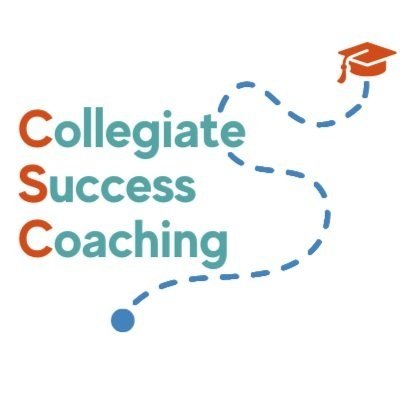Keep Moving Forward
When my kids were younger (they are 22, 20, and 13 now!), one of our favorite family night movies was the Disney Pixar film Meet the Robinsons. Do you know this one, about Lewis, the intellectually curious little boy who grows up in an orphanage and shares a room with Mike "Goob" Yagoobian, who is reserved, unsure, and completely dejected? The two boys are different in every way other than their deep desires to have a family. Lewis channels his energy into inventing time machines and attempting to impress potential parents with his original designs (PB&J Maker, anyone?). Goob, whose destiny is to play baseball, instead sleeps in the outfield at his little league games and eventually orchestrates a nefarious revenge scheme.” The animators really knew what they were doing because their physical differences tell us a lot, too. Lewis is a towhead blond that is bright-eyed and funny, while Goob has seemingly permanent dark rings under his eyes and can barely string an intelligible sentence together. Not only do they look different, they look at the world differently. Lewis has what could be called a growth mindset, and Goob? Well, his is definitely fixed, but ultimately, we are introduced to an entire family of quirky, mistake-prone, forward-thinking characters who go on to demonstrate, in one whacky example after another, one of the the most compelling advancements in the psychology of human potential and success in this generation. In three words: Keep Moving Forward.
That little tag line is honestly a perfect way to simplify and explain the work of Stanford University professor Dr. Carol Dweck, whose research on fixed vs. growth mindsets has reframed beliefs about effort, feedback, mistakes, and challenges. Her TED Talk has over 10 million views, and her book, Mindset, The New Psychology of Success, has been translated into 20 languages. She's on to something that resonates with a lot of people. What determines whether we "keep moving forward" or whether we stop in our tracks and retreat in the face of a dilemma? In large part, mindset does.
A student with a growth mindset sees a mediocre grade as an opportunity to reflect on how they prepared for the test and to make changes and improvements. A student with fixed mindset might walk into a College Algebra class having already decided that they will fail because they are "bad at math." A student labeled as "gifted" in middle school who gets a "C" in a college psych class that they were sure would result in an "A" is practicing a fixed mindset as well. Dweck outlines mindset scenarios ranging from college, athletics, employment, corporate leadership, and even relationships.
Stop and think about your college student. Based on what you know about their tendencies, do this quick inventory:
Are they more likely to try harder after a setback or give up?
Are they more prone to avoid a challenge outside of their wheelhouse or give it a try just to see how they do?
Are they more likely to get defensive when they get less than stellar feedback or to ask questions about how they can improve?
Those answers can point you in the direction of whether they generally have a fixed mindset about their potential or a growth mindset. The beautiful part of the research is that we have the power to change our mindset if most of the answers led to a fixed mentality. This is something I work on with students all of the time, and I would be happy to talk to your student about it, too.

